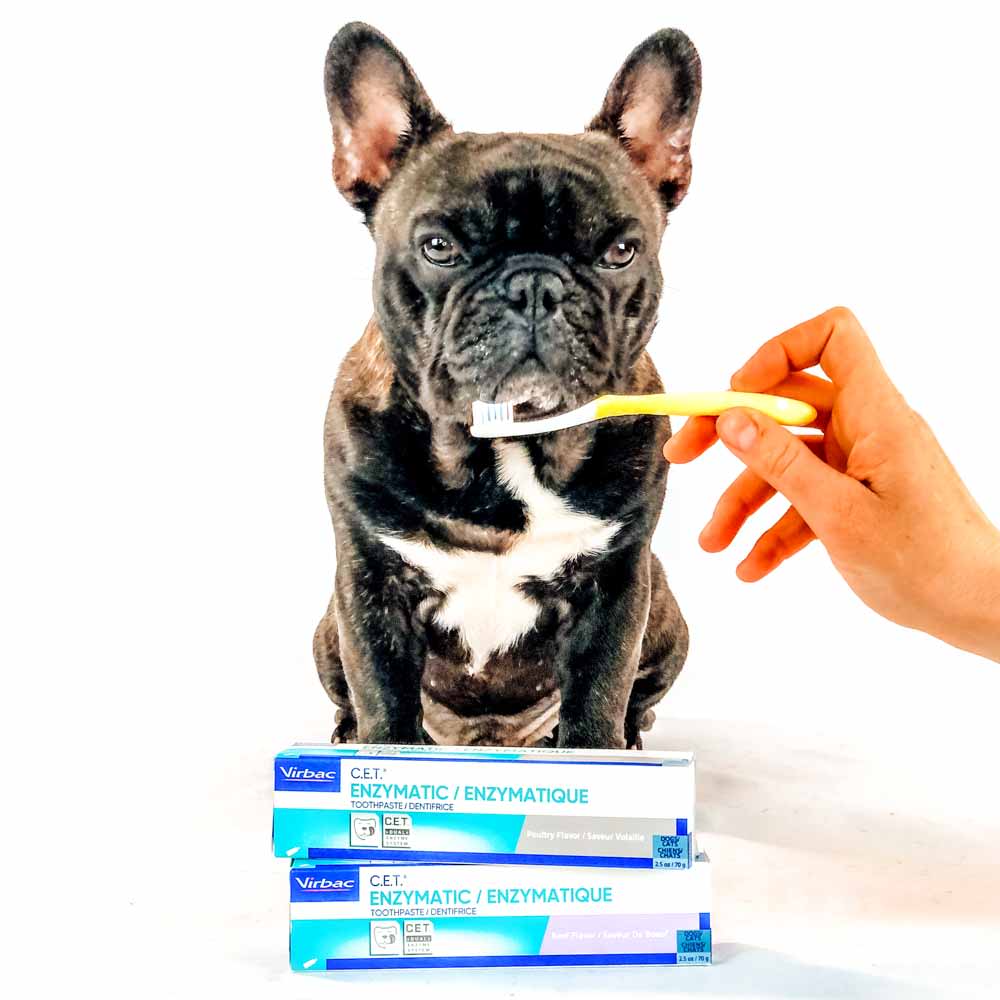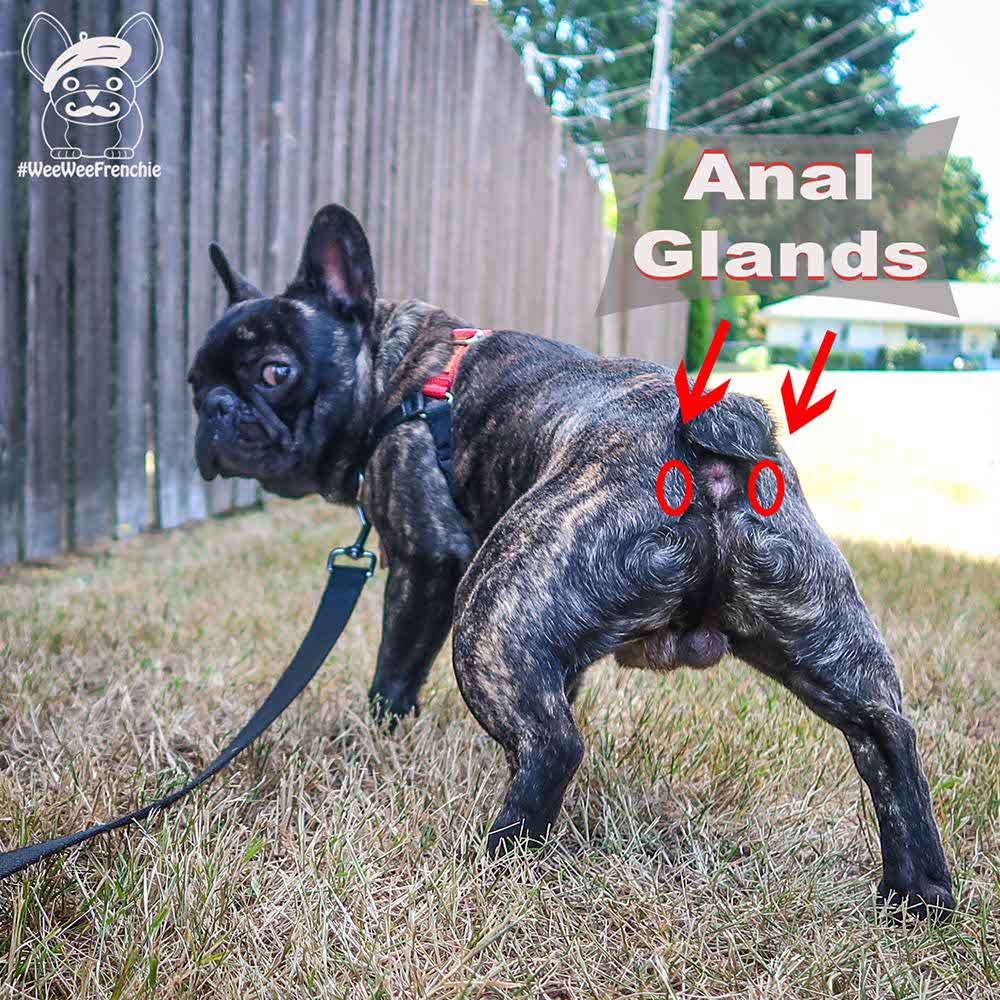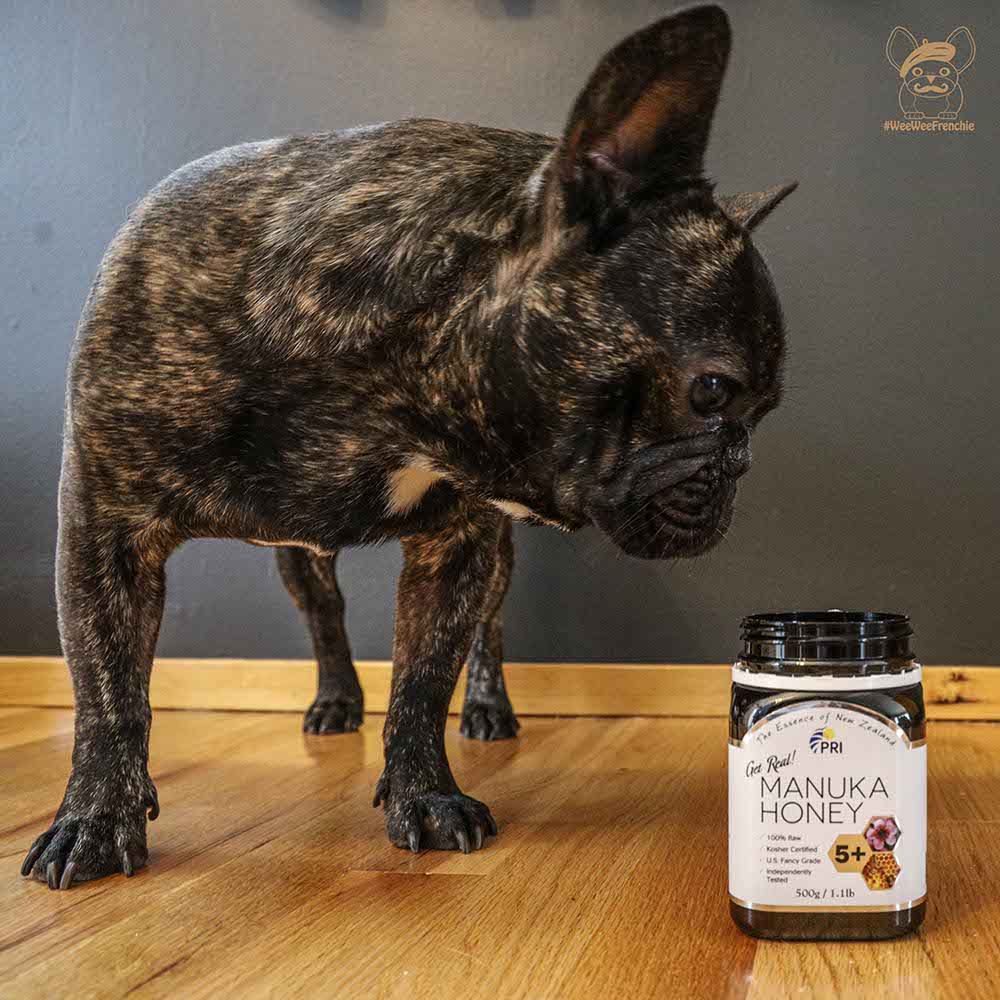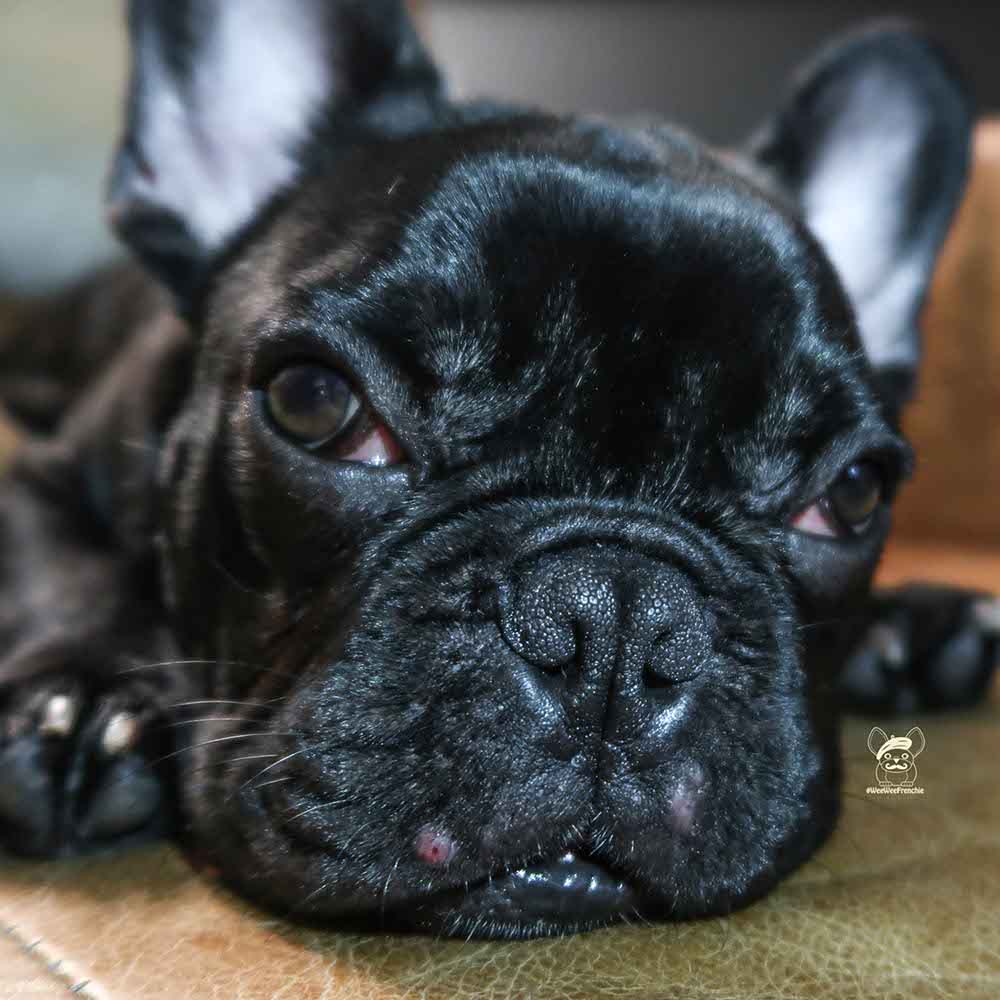Giardia in Dogs
A giardia diagnosis in your dog can seem like the end of the world. What do you need to know to prevent this disease and prevent reinfection?
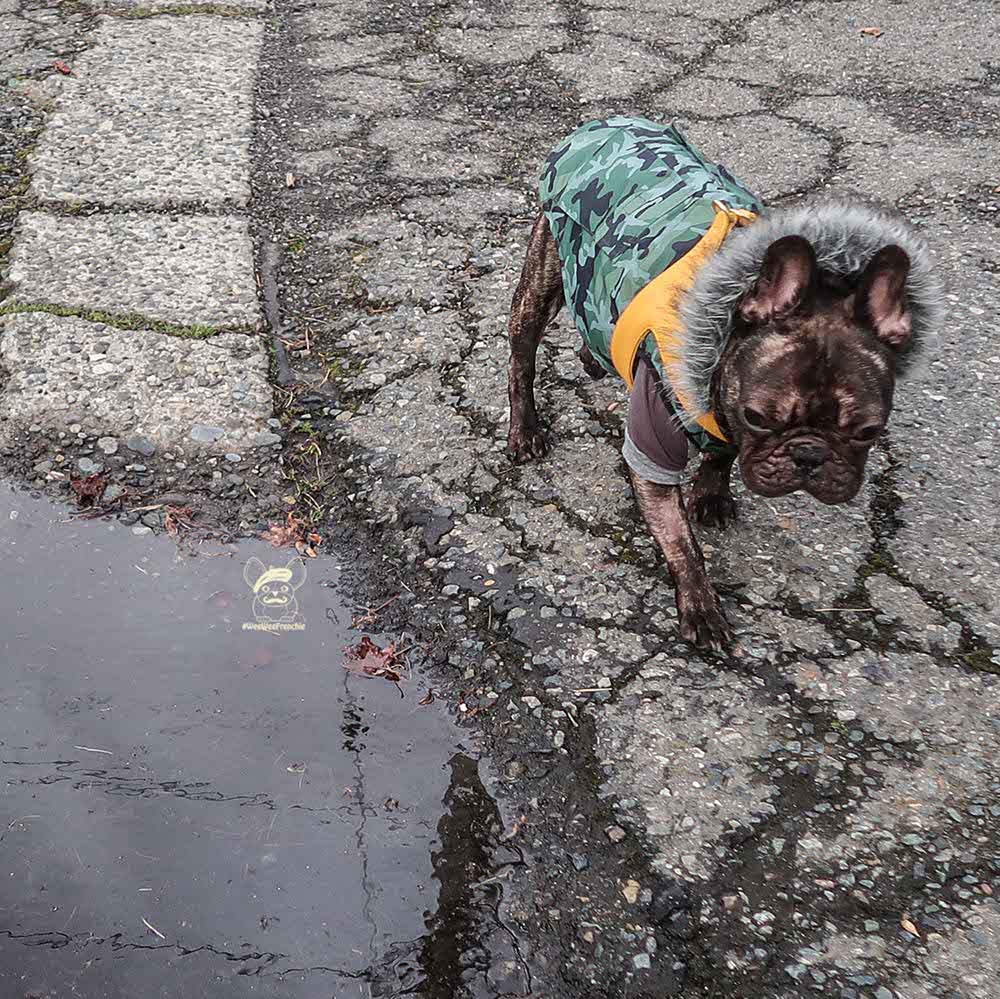
Giardia is a protozoa, a single-celled parasite. It consists of two forms. The feeding form is when the parasite exists in the gut of the infected animal. The cyst form can be shed in feces, surviving for months, especially in damp environments.
Your dog can become infected by eating poop, sniffing the ground, or drinking water. Since the cyst-form can survive for months, giardia is easily transmitted.
Once ingested, giardia cysts take 5-12 days to develop. Cysts are excreted in stool, making it easy to pass on. Infection is more common in senior, young, and immunocompromised dogs.
Diarrhea is usually the main symptom of giardia. Loose stools can be intermittent, watery, foul-smelling, and green-tinged. Some dogs can have giardia without typical symptoms. Other symptoms include fever, fatty stool, vomiting, and weight loss.
If giardia is suspected, you can submit a stool sample to your vet. Analysis will show if giardia is present and if treatment is necessary.
Fenbendazole or metronidazole are the medications given for 3-10 days. For more resistant cases, fenbendazole is the medication of choice.
After treatment, a stool sample should be submitted in 4-5 weeks. A second medication treatment may be necessary since giardia is hard to treat.
To prevent infection (or reinfection) of giardia, make sure to pick up stool as soon as possible. Wipe your dog’s feet after going outside. Use a wet wipe to clean your dog’s bottom after defecating. If infection is present, baths should be more frequent to remove cysts from fur.
Giardia can be passed to other family members. It is difficult to pass infection from dog to cat or cat to dog. Infection can be passed to humans. Washing hands is a must after handling feces or cleaning an infected pup.
If giardia is suspected, submit a stool sample for analysis. After treatment, submit another stool sample to ensure that the infection is cleared.
Giardia can be difficult to resolve. A second treatment may be necessary.
Shit happens but it doesn’t have to be the end of the world. Prevention is key to keeping your pup healthy.

